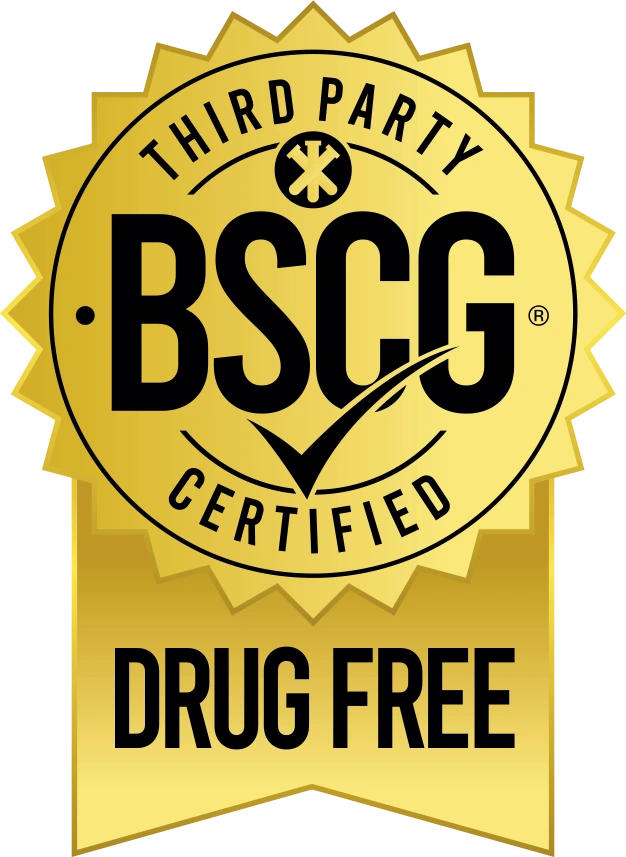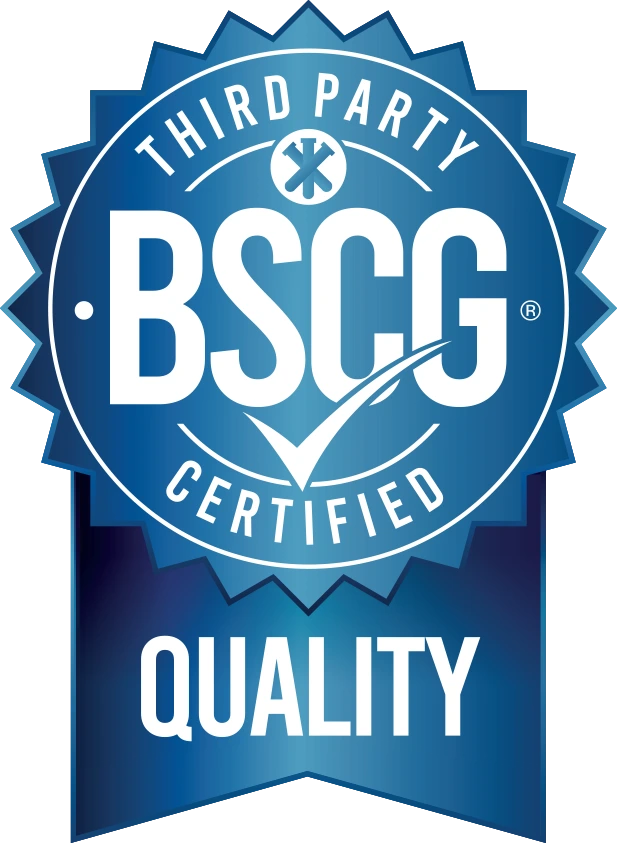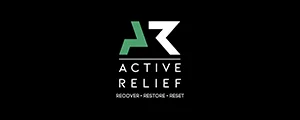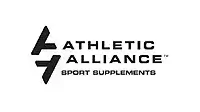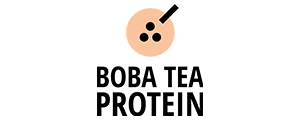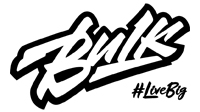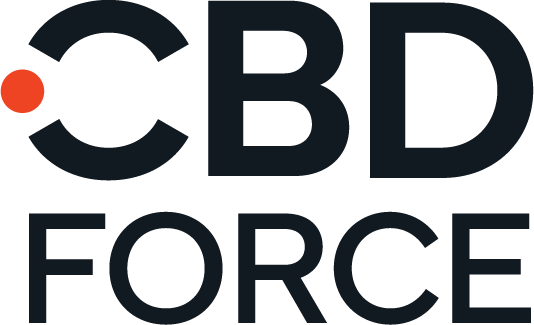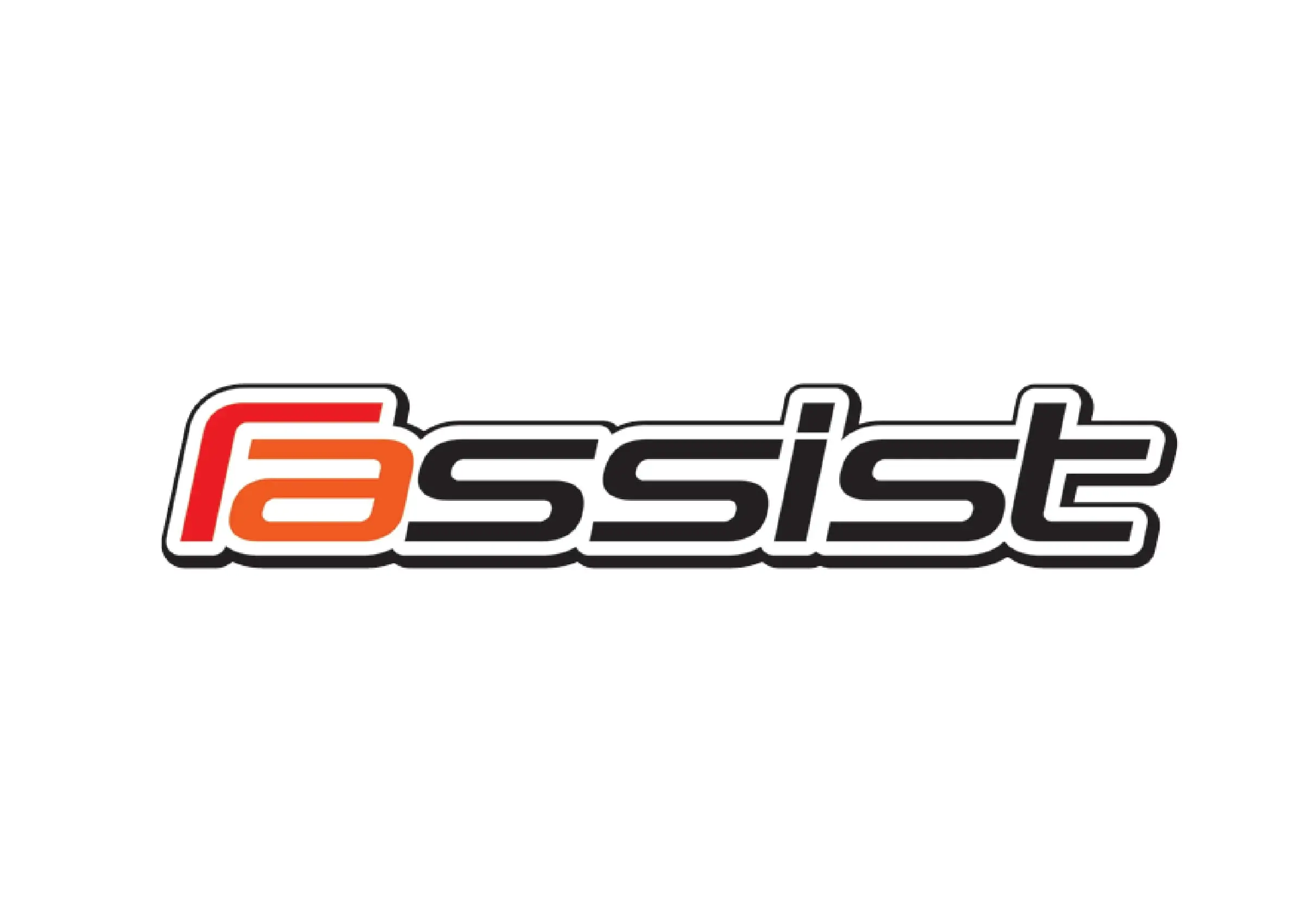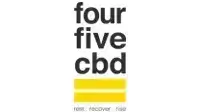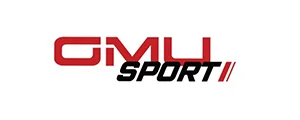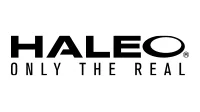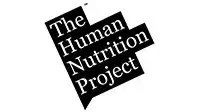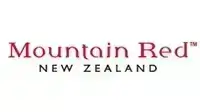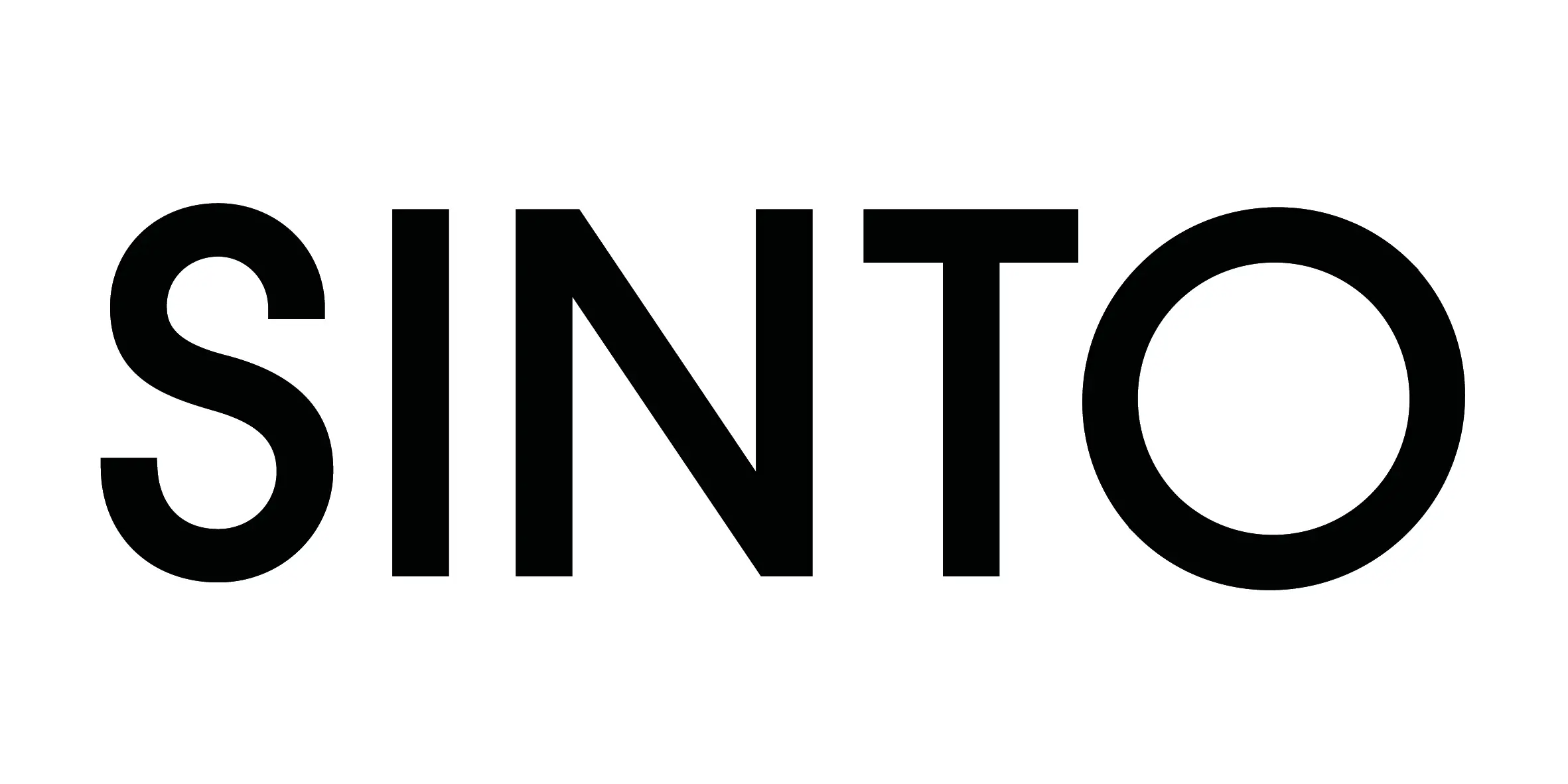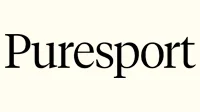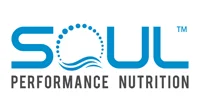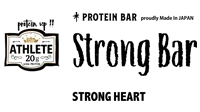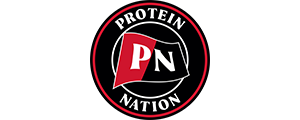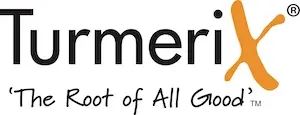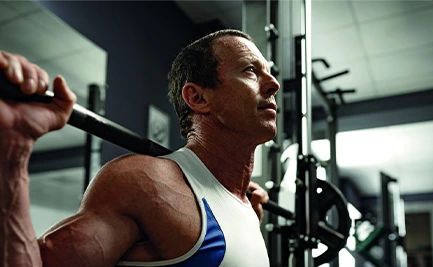Russian Doping Scandal
Apr 30, 2018
The Russian Doping Scandal – What Does It Show Us?
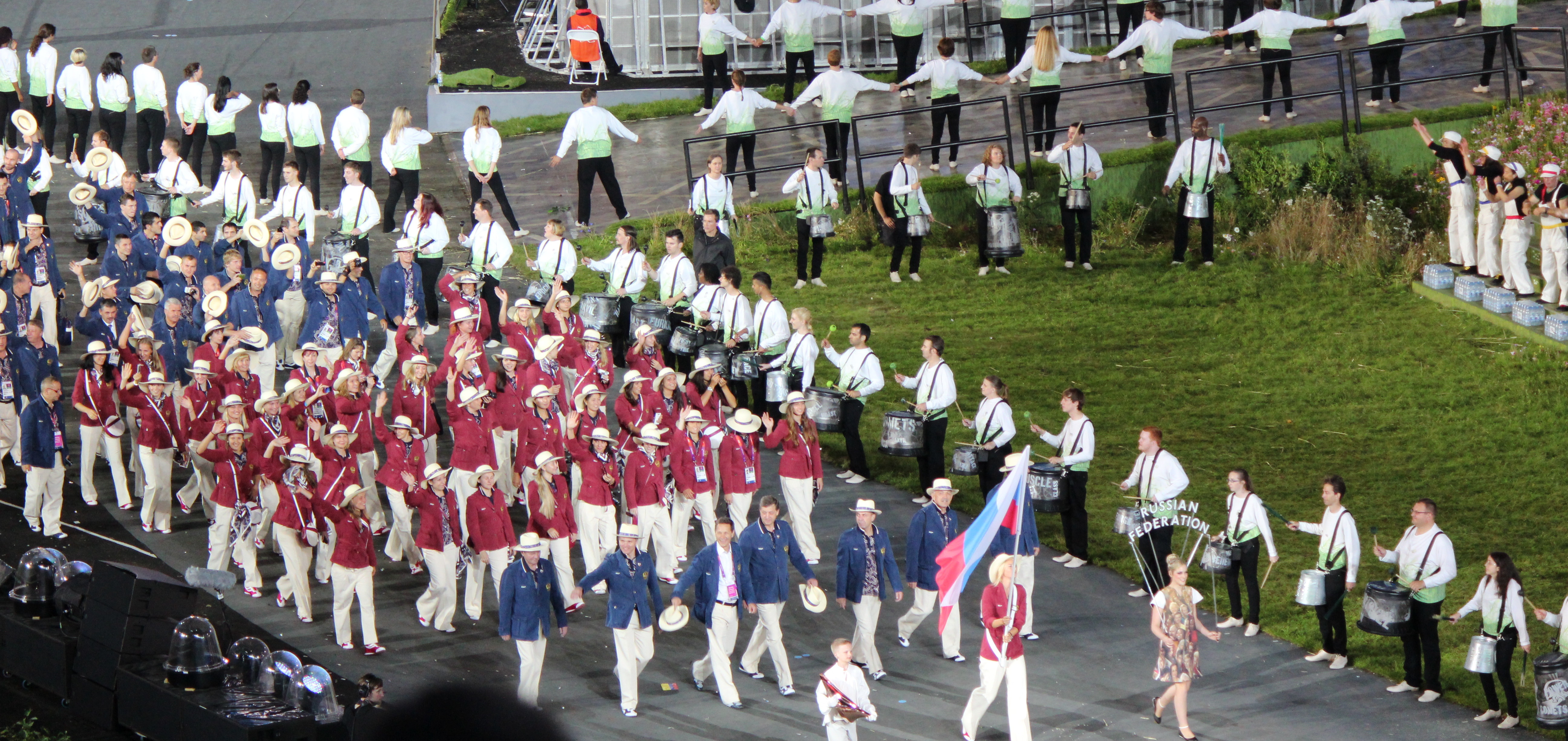
The recent news about the Russian doping scandal has portrayed a systemic failure and corruption of sport anti-doping efforts. A
report published by the World Anti-Doping Agency (WADA) in November 2015 accused Russian athletes of doping and utilizing illegal substances on a systematic, national level in track and field and reproached Russia for a widespread attempted doping cover-up following the investigation. Russian Federation – London 2012 Olympic Games – Photo by Oliver Catlin, BSCG The independent investigation alleged that Russian athletes were not only encouraged to cheat but were expected to. Serious consequences, such as not being allowed to compete, would result for those who did not. One Russian coach admitted that a Russian athlete “has no choice but to dope otherwise the athlete is off the team.”
Shockingly, contingency plans and other systems were put in place to circumscribe usual international protocols. So, in the event that a Russian athlete failed a drug test, he or she often was not named or punished. The report went on to outline how the Russian doping scandal was orchestrated at the highest levels of Russian sport administration, with the Russian sports minister, Vitaly Mutko, as one of the conductors as he is alleged to have ordered manipulation of certain drug testing samples. Drug testing operations were compromised with “direct intimidation and interference by the Russian state with the Moscow laboratory operations.” Lab offices were bugged and the lab director, Grigory Rodchenkov, was required to meet with the FSB (Russia’s equivalent of the FBI) weekly.
Mutko disputed the report according to a quote from Sportfakt mentioned in a
reviewof the Russian doping scandal April 8, 2016 by AP’s The Big Story. “The General Prosecutor’s office carefully examined the report in question and did not find a single legally supported fact to open any kind of case,” he said. The report of the Russian doping scandal has put Russian athletes in real danger of not being allowed to participate in the Rio Olympics this summer. However, they are not the only country with serious deficiencies when it comes to anti-doping. Other countries such as Ethiopia, Morocco, Kenya, Ukraine and Belarus are described
as being in “critical care”,with International Association of Athletics Federations (IAAF) President Sebastian Coe saying, “Ethiopia and Morocco, as a matter of urgency, need a robust testing programme put in place. Kenya, Ukraine and Belarus need to get compliant by the end of the year.”
The discussion continues as to whether Russian track and field athletes will be allowed to compete in Rio,
as of March 11, 2016 the answer from IAAF was no.In our view, the Russian doping scandal is a sad example of what can happen if a national sporting authority tasked with building and developing Olympic quality athletes is co-mingled with the groups providing third-party administration of drug testing programs or laboratories that perform the analysis.
